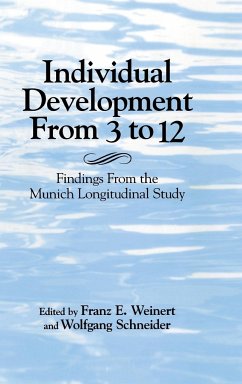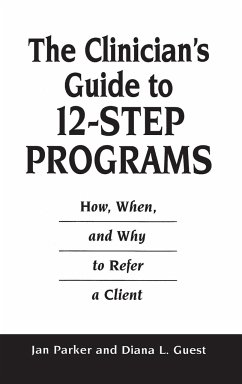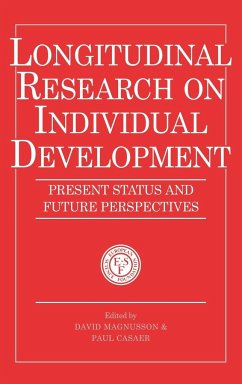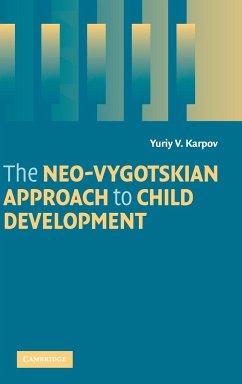
Individual Development from 3 to 12
Versandkostenfrei!
Versandfertig in 1-2 Wochen
121,99 €
inkl. MwSt.

PAYBACK Punkte
61 °P sammeln!
This book describes the findings of a longitudinal study conducted with about 200 children from 1984 to 1993. Children were recruited for the study when they had just entered kindergarten at the age of about 4 years. The study aimed to investigate changes in cognitive, social, and personality development over the preschool and elementary school years. One of the unique features of this longitudinal study is that relationships and interactions among cognitive, social, and personality development could be assessed based on the data of a representative sample of children.












